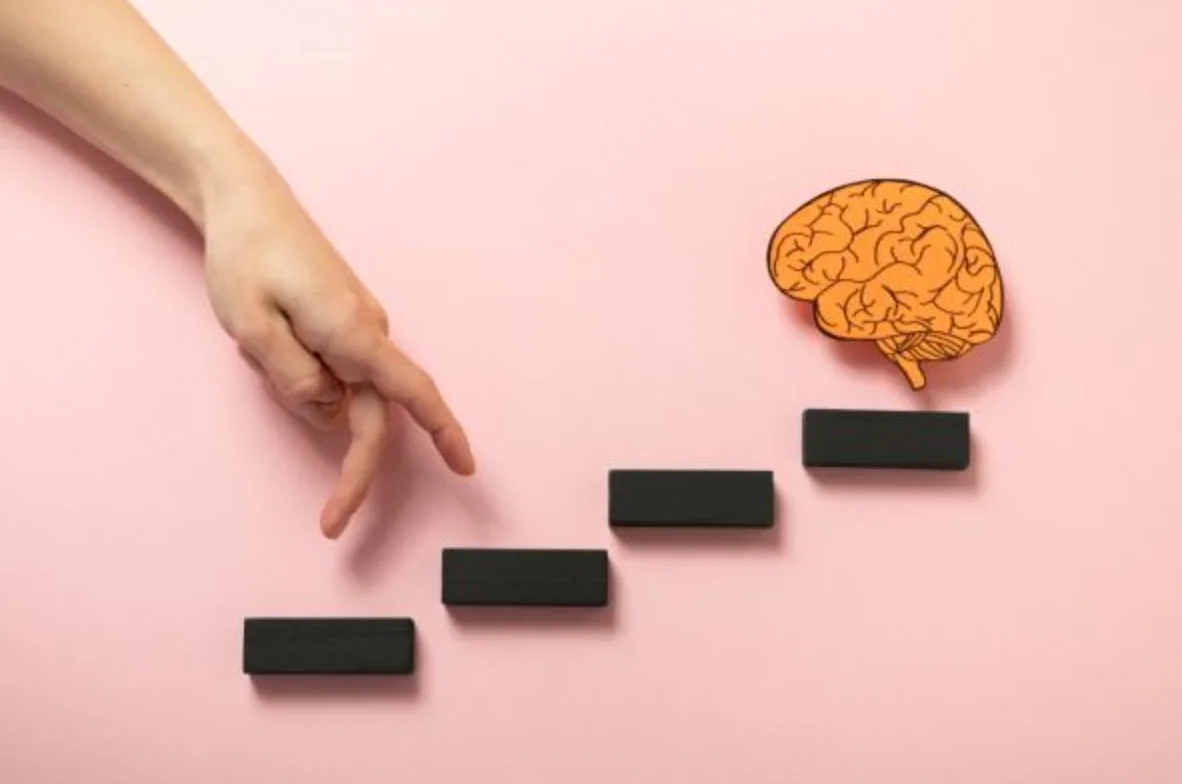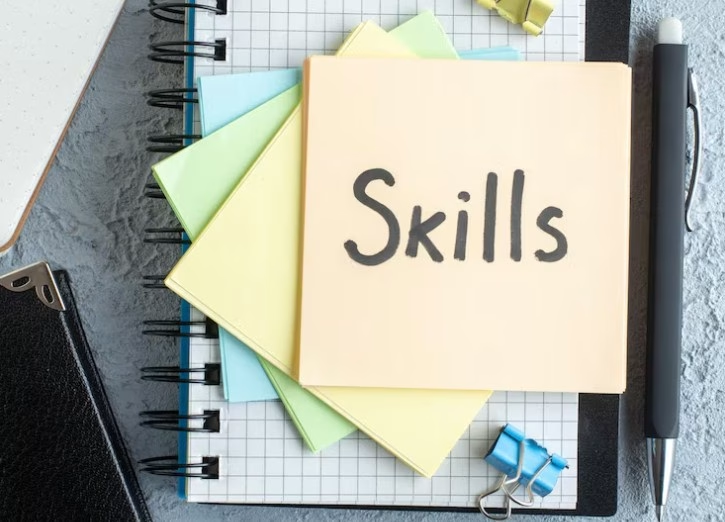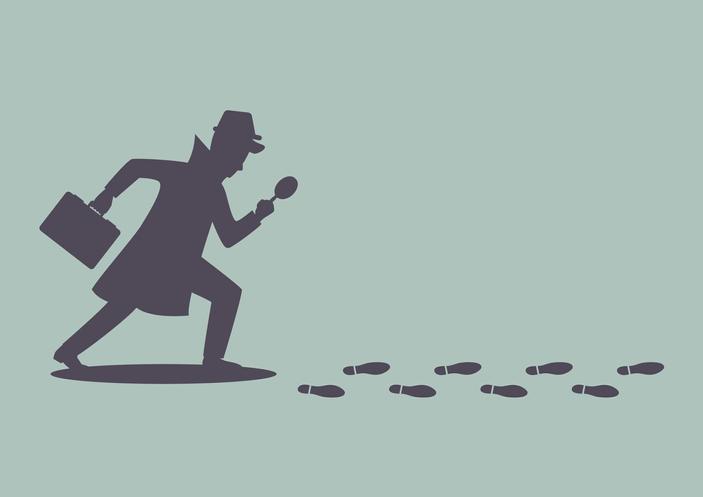Cognitive Psychology
What is cognitive psychology? Cognitive psychology or cognitivism is a part of psychology that deals with cognition. The object of study of cognitive psychology is the mental processes involved in cognition, such as memory and learning. Cognitive psychology theories aim to explain how information is stored, understood and utilised.
In this section you will find information on the characteristics of cognitive psychology and the theories of representatives of cognitive psychology such as Jerome Bruner, David Ausbel or Jean Piaget. Cognitivist theorists, i.e. the authors of cognitive psychology, argue that behaviour is based on thoughts. You’ll also find examples of cognitive psychology and interesting books on the subject.











